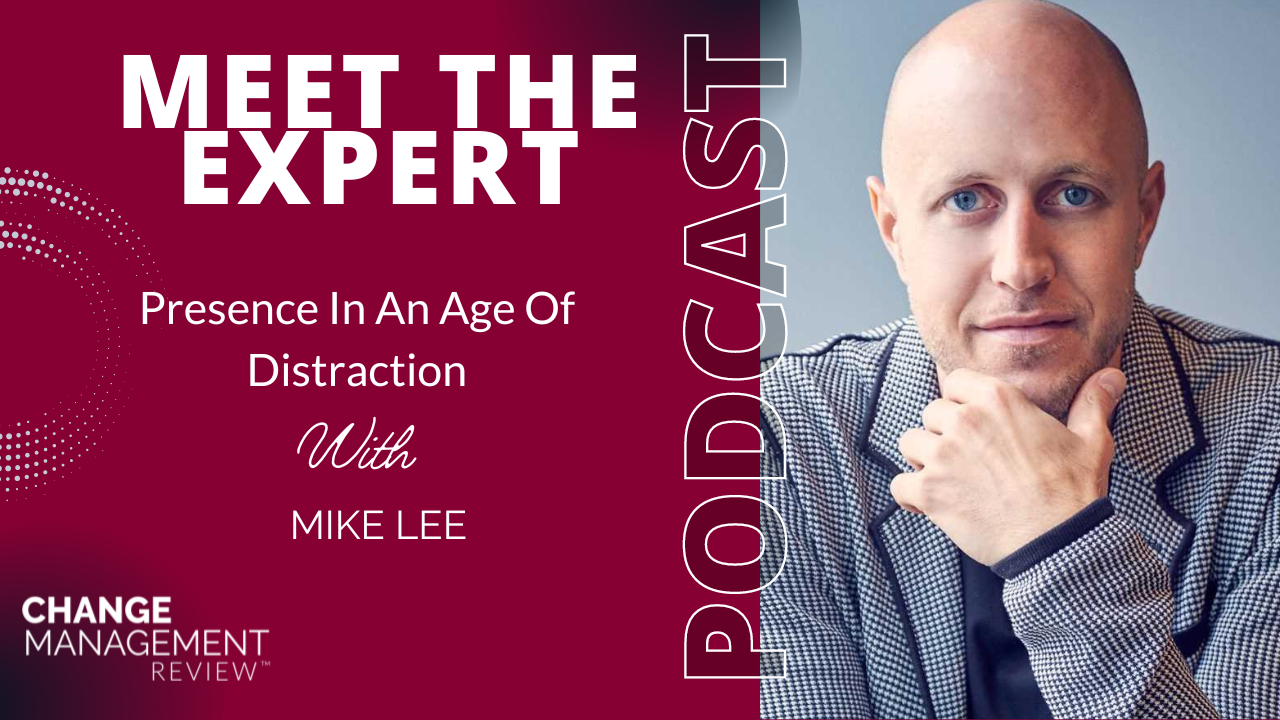Podcast: Play in new window | Download
Subscribe: Apple Podcasts | RSS
There is no question about it. Generational differences exist and often lead to friction, disagreement, conflict, disengagement, turnover, and project failure. As change practitioners and leaders, it is important to understand How to navigate these differences successfully. Chris De Santis, author of Why I Find You Irritating, joins Management Editor Brian Gorman to explore the roots of today’s intergenerational conflicts in the workplace as well as how to navigate them successfully.
Tune in and hear Chris De Santis’s answers to questions such as:
- As one Baby Boomer to another, the only time I felt like I fit the Baby Boomer mold was when I served as a drill sergeant in the Air Force in the early 1970s. I think I have spent most of my career since then as a Millennial in a Boomer body. One of the important points you make in your book is that generational differences are real. The problem is not in recognizing and acknowledging those differences, but in stereotyping people based on them. Would you say more about this?
- Early in the book, you identify four caveats that I believe are important for our listeners.
- Generational narratives are not destiny
- Generational narratives are neither global nor universal
- Generational narratives apply primarily to the American middle class
- Generational shifts are distinct from “stages of life”
Would you say a little about each of these?
- You raise several factors that served as catalysts for generational differences, ranging from the return of men from the military after World War II, to economic cycles, to the growth of women in the workforce and so on. One that seemed profoundly important as I was reading the book was the end of what you refer to as the covenant between employers and employees. Would you describe what you mean by this and how it has played out in fostering generational differences?
- One of the interesting facts that you point out is that as parents, we often were raising our children to fit into a different generation than our own, yet as managers and leaders in the workplace, we expect their generational peers to think and act like they belong to our generation. What have you found most useful in helping redefine those expectations?
- You wrote Why You Irritate Me during the Coronavirus pandemic. As we have come out of the lockdowns and entered what many are referring to as “the Great Resignation,” how do you see generational differences shaping the future of work?
- What are the implications of what you call a “post-trust society” and how do you navigate it?
- We’ve spent much of our conversation on generational differences, their roots, and their impact. As change practitioners and change leaders, the listeners to this podcast face generational challenges on their teams, with those who report to them, and often with those to whom they report. What do you see as the key lesson or lessons for successfully navigating those challenges?
About Chris De Santis
Chris De Santis is an independent organizational behavior practitioner, speaker, podcaster, and author, with over thirty-five years of experience working with clients in professional services firms both domestically and internationally. Over the past fifteen years, he has been invited to speak on generational issues in the workplace at hundreds of leading U.S. law and accounting firms, as well as many of the major insurance and pharma companies. Learn more at cpdesantis.com.

























